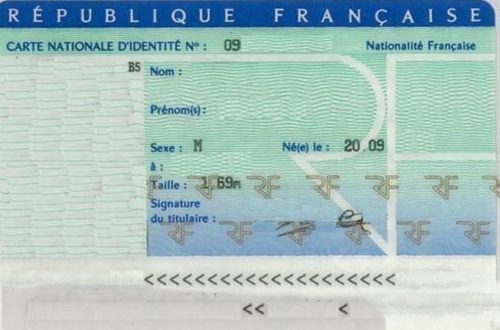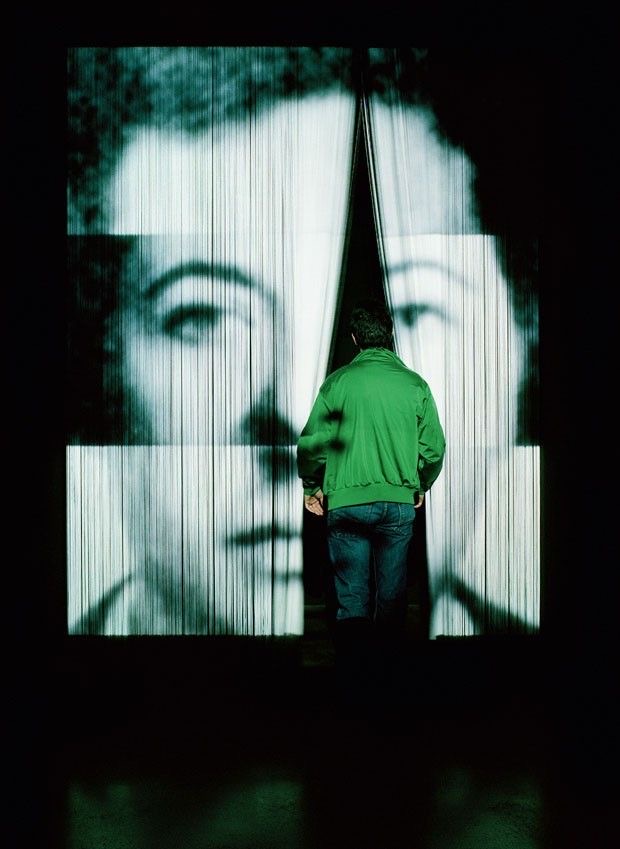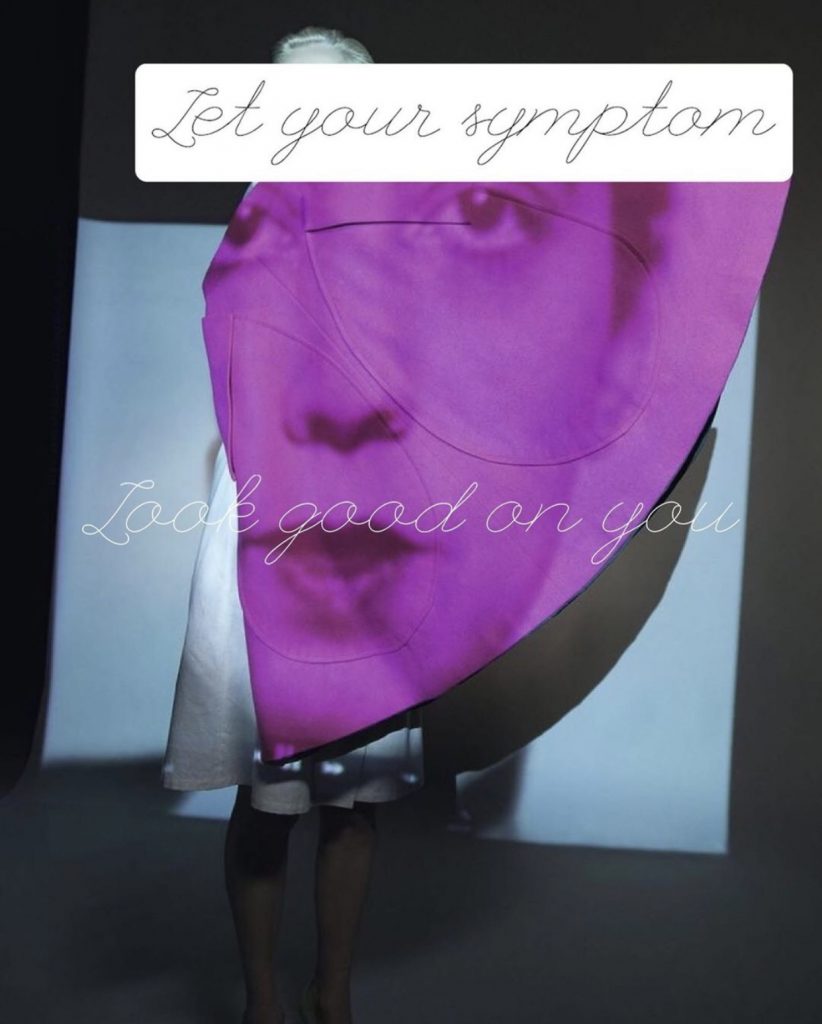Identity –
A psychoanalytic
lecture series for a
psychotic age.
Initial lectures by Stephen Anthony Farah and Peter Merrit Dobey, with very special guest John David Ebert.
The deepest form of despair is to choose to be another than himself.
– Kierkegaard
October 17 – November 14, 2020, Online.

Identification in the 21st century
The individuated subject is someone whose identity is congruent with values she legitimately possesses, traits and qualities that are already there and always were. In a time where society issues decrees of intolerance, in the form of accepting and strictly following codes and conventions, ironically, in the service of tearing down “social constructs.” One is given the choice “your identity or your life!” A double bind that leaves little room for subjective experience, and even less for the individual. The individual we speak of is not the “rugged individual,” but the yet-to-be-determined, indefinite, radically particular individual who is in the process of becoming who they already are and must literally construct oneself out of their own mold, utilizing the very process already endowed to them, that has been obfuscated by “friendly” discourses that are not liberating, but alienating. One must allow for a successful deterioration of the Other in order to return to one’s psychotic core.
Saturdays NOON EST –
Oct 17 – Nov 14
– 2020 In the year of
COVID.
ONLINE
Identity has been a major issue of late, in our age of Hypermodernity where it appears to be liquifying, and in turn symptomatically responded to by its alienated subjects with insular, autisticesque coping strategies of the kind once readily recognized as being of a psychotic temperament. Whilst the subject, lonely, and yet too-connected, remains identified and attached with something incongruent and antithetical to their essential and authentic self, the contemporary alienated subject remains legitimately distressed. In Her/His/Their own world, they are exposed to legitimate distresses, but only because the world is experienced in response to their illegitimate (and yet not false enough) strategies of identity and their (often destructive) consequent modes of being. In Jungian parlance, this quest for authentic identity is the process of individuation. Already inherent values (desires and beliefs) need to be un-learned and re-learned by a subject who has cancelled her subscription to the unconscious, in privilege of outsourcing herself to the Other of the rigid, socially enforced decrees of political correctness and identity politics.
If one allows, one can reorganize their unconscious strategies already at play that are emergent from herself as a desiring being. What is needed is the language that is so private it cannot help but speak in a generative, rather than the acts of imitation that contemporary discourse necessitates. One must abandon the (M)Othering edicts of safety, and venture somewhere truly dangerous, to a story that can only be written by one, one-all-alone, so as to be finally connected at an ontologically pure (if solipsistic) structural core. One must escape from societies escapism, and adapt not to that appropriation of illness, but understand that their alienation is at once their liberty. The psychotic solution at hand is to make your own being. Find that process, for it is already there.
Identification and the Other in Psychotic times.

Initial speakers
Peter Merritt Dobey
is a psychoanalyst and artist. Peter underwent training analyses in France, Ireland, and Berlin and has an MA in Lacanian Psychoanalytic Psychotherapy from Independent colleges, Dublin. Formerly, he was head editor of San Francisco Arts Quarterly, and has written for numerous publications, on art, philosophy and psychology. More recently, he established Psychoanalysis for Artists, a clinical practice devoted to the lives of contemporary artists, which is inspired by a lifetime of being homeschooled as an artist and from being mentored by the artist Christian Boltanski in Paris. More information is available at PsychoanalysisForArtists.com.
Stephen Anthony Farah
is the co-founder and Head of Learning of The Centre for Applied Jungian Studies South Africa. He is an executive member of the International Association of Jungian Studies. Stephen holds an honours degree in analytical philosophy from the University of the Witwatersrand and a master’s degree in Jungian and Post Jungian Studies from the University of Essex. He is the author of ‘True Detective and Jung’s four stages of Transformation’ in The Routledge International Handbook of Jungian Film Studies (2018). Stephen’s areas of interest include psychoanalysis, film, the philosophy of language, consciousness, individuation, and the simulation hypothesis.
John David Ebert
is a cultural critic, poet and philosopher who has written over 30 books on various issues such as understanding contemporary art, global warming and catastrophe, the cult of the dead celebrity, movies, graphic novels and literature. He has over 800 videos on You Tube examining the works of various thinkers such as Deleuze and Guattari, Heidegger, Oswald Spengler, Alain Badiou, etc. He is the author The Autobiography of John David Ebert, The New Media Invasion, Art After Metaphysics, Dead Celebrities Living Icons and poetry collections such as Gravity Girl, Gilgamesh Redux and Archai, a history of the evolution of life on this planet.
Becoming the Übermensch


